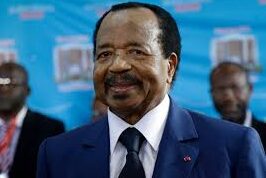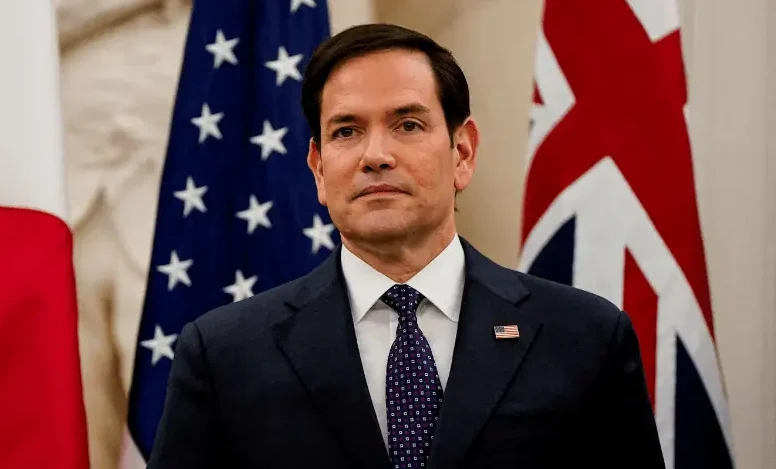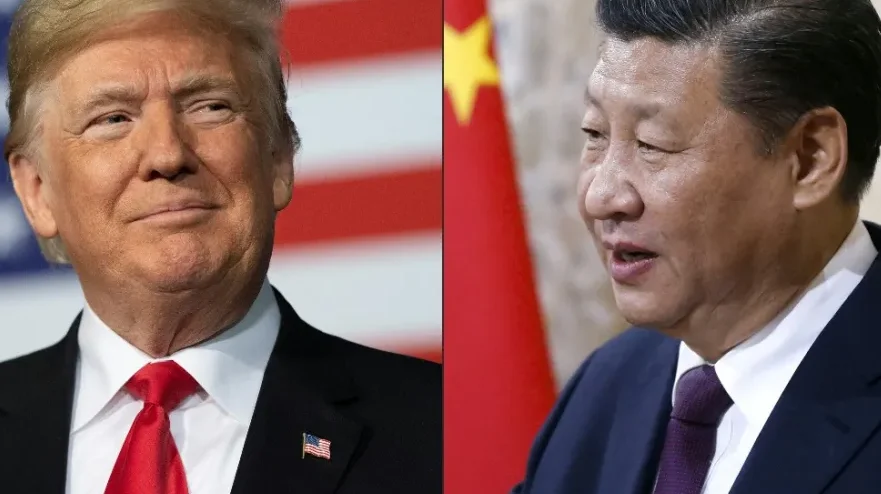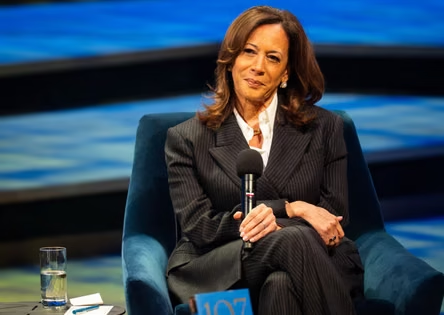The world’s oldest head of state, Cameroonian President Paul Biya, 92, has said he will run for re-election in October and aims to extend his 43-year term.
“Rest assured that my commitment to serving you is matched by the urgency of the challenges we face,” he said in a post on X.
He added that his decision to seek an eighth term came after “numerous and insistent” calls from people across Cameroon and the diaspora.
Biya’s administration has faced criticism over allegations of corruption and embezzlement, as well as poor governance and a failure to address security challenges. There have also been concerns about his health and ability to govern.
His absence from the public for more than six weeks last year sparked speculation about his well-being and unfounded rumors that he had died.
His candidacy had been expected but had not been officially confirmed until Sunday’s social media post.
Biya has never lost an election since taking power in 1982 and could remain president until he is almost 100 if he wins another seven-year term.
There have been growing calls from inside and outside Cameroon for him to step aside and make way for new leadership in the central African country.
His candidacy follows a recent political split with key northern allies, who were instrumental in securing votes from that part of the country in previous elections.
Two of them – prominent minister Issa Chiroma Bakari and former prime minister Belo Bouba Magari – recently left the ruling coalition and announced they would run separately.
Last month, Tchiroma said the Biya administration to which he belongs had “broken” public trust and was turning into a rival party.
Several opposition figures, including 2018 runner-up Maurice Kamto, as well as Joshua Osei, Akire Mona, and Cabral Libi, have also declared their candidacies.
However, members of the ruling Cameroon People’s Democratic Movement and other supporters have been publicly calling for Biya to seek another term since last year. He was already the de facto candidate as party leader.
Biya abolished term limits in 2008, allowing him to seek the presidency indefinitely.
He won the 2018 election with more than 71 percent of the vote, although opposition groups said there were widespread irregularities.
Reacting to Biya’s latest bid for the presidency, many people on the streets of the capital, Yaounde, told the BBC that they did not feel safe commenting openly on politics for fear of reprisals. Others carefully concealed their names, ages or professions.
“I have never seen or heard in the political history of nations that someone of this age is announcing his candidacy for the presidency,” said a member of the public, speaking on condition of anonymity.
“I really thought he would go and rest, and hand over to a new generation,” said Camille Essalime, another local resident, in shock at the news.
However, some welcomed another seven years under the experienced leader.
“The president still has a lot to offer the Cameroonian people,” said Ngono Marius, a public sector worker. “If he is a candidate, it means he is capable of leading.”
Sylvia Tepa, a city consultant, told the BBC that while she believed in the democratic principle of change and “relaying” power to the next person, “there is probably no one better than [Bia].”
“So far he has done a lot for the nation – we see his role in conflict management and many other aspects,” he added, wondering if perhaps his long tenure in power was an act of God.






